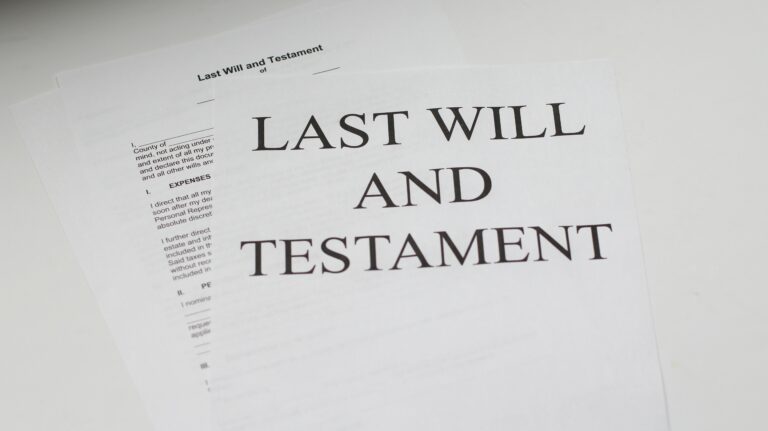So far, part of the Presley legacy appears to be the failure to create effective estate plans, says a recent article from Kiplinger, “Five Estate Planning Lessons We Can Learn From Elvis’ Mistakes.” An effective estate plan transfers assets and legacy to the right people at the right time, while keeping the wrong people out.
In this case, the right people would be the people whom Elvis and Lisa Marie wanted to benefit, and a good estate plan would have ensured that their desired beneficiaries or heirs received their inheritance. The right time would be to give control of assets to loved ones when they are mature enough to benefit for a lifetime. Keeping the wrong people out would mean minimizing tax and administrative costs and protecting heirs from lawsuits, divorce, creditors and a second level of estate taxes upon their own death.
Most recently, Priscilla Presley challenged a 2016 amendment to Lisa Marie’s trust which would have removed Pricilla as co-trustee from serving alongside Lisa Marie’s former business manager, Barry Siegel. This may have been her intent. However, the amendment didn’t include basic legal formalities. A confidential settlement was recently reached on this issue.
Priscilla had grown Elvis’ estate after his death. Despite his fame, he left an illiquid estate worth $5 million in 1977—adjusted for inflation, roughly $20 million in today’s dollars. The IRS successfully asserted that the estate was worth far more and asserted $10 million in estate taxes.
The estate didn’t include as much royalty income as expected because Elvis’ business manager, Colonel Tom Parker, sold the music catalog to RCA for $5.4 million, of which only $1.35 million went to the estate. Priscilla then assumed control of the estate. From her wise use of Graceland profits, merchandising and royalties for music recorded after the RCA deal, Priscilla grew the estate to $100 million.
In 1993, Lisa Marie turned 25 and was eligible to receive and control her inheritance. She established a revocable trust to hold her inheritance, then appointed a businessman as her co-trustee with primary control over her assets. In two years, he sold 85% of her interests in Elvis Presley Enterprises, an entity The Elvis Presley Trust created to conduct business, including Graceland and worldwide licensing of Elvis Presley Products.
The deal was worth $100 million but brought the estate only $40 million after taxes, plus $25 million in stock in a future holding company of American Idol, later made worthless due to bankruptcy by its parent company.
Careful planning could have avoided substantial income tax on the sale and provided the family a much better financial return. Siegal was removed as trustee in 2015 when lawsuits between Siegel and Lisa Marie began, which were pending when she died unexpectedly in 2023.
The lessons from the Elvis estate:
Use a trust, not a will. The trust removes delays, and higher costs and keeps private details private.
Make sure that your estate plan addresses estate tax issues. The goal is to reduce the value of the taxable estate and increase the value of your legacy to family and loved ones. The estate tax must be paid in cash within nine months from the date of death. This often requires a sale of estate or trust assets to pay the tax and can lead to heirs getting less than the full value of assets because of the need to come up with the cash. A simple testamentary charitable lead annuity trust (TCLAT) could have prevented the estate tax assessed after Elvis’ death and provided substantial benefits to Lisa Marie.
Plan for a lifetime legacy. Lisa Marie gained complete control over her inheritance at age 25. First, however, she needed to prepare for the complexity of the business and other assets she inherited and learn how to maintain a lifetime of living within her means.
Plan for estate taxes on the sale of the family business. Careful planning can almost always reduce the tax triggered by the sale of appreciated property. Unfortunately, no tax mitigation planning was taken before the $100 million sale of Elvis Presley Enterprises. As a result, the maximum capital gains tax, federal and estate combined, can be more than 40%.
Carefully choose the successor trustee or executor and provide at least two alternatives. Elvis appointed his father Vernon as the executor. Elvis died tragically in 1977 when Vernon was elderly and not well. Appointing a business manager as a trustee creates an inherent conflict of interest due to the business manager’s ability to profit from decisions made. A professional trustee would have been a better choice due to the complexity of the estate and Lisa Marie’s age.
Reference: Kiplinger (May 18, 2023) “Five Estate Planning Lessons We Can Learn From Elvis’ Mistakes”










